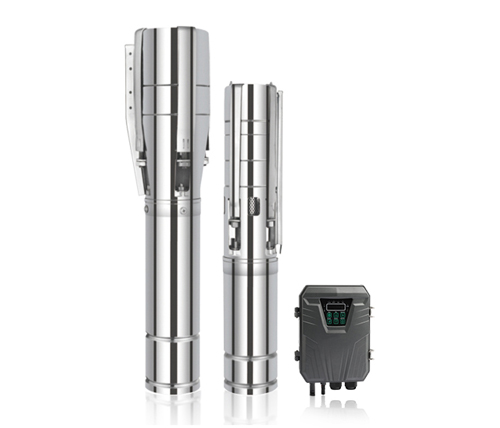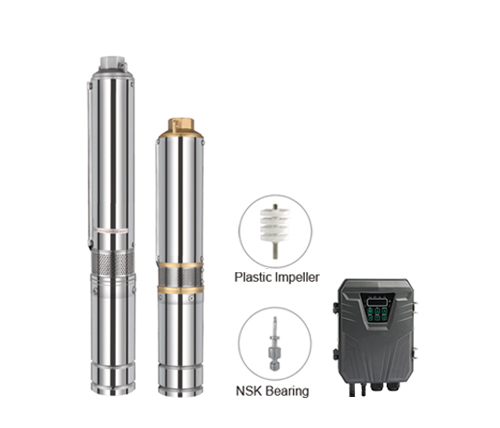Industry News
View All Products
en
Sustainable agriculture is becoming increasingly important as we strive to reduce our carbon footprint and promote environmentally friendly practices. Water plays a vital role in agriculture, and finding sustainable solutions for irrigation is crucial. One such solution is the brushless solar pump, which harnesses the sun to efficiently and sustainably irrigate agricultural fields. In this article, we will explore the benefits and considerations of using a brushless solar pump for agricultural irrigation.
1. Efficiency and Energy Savings:
A brushless solar pump operates on clean and renewable solar energy, eliminating the need for grid electricity or fuel-powered generators. The pump's brushless design reduces friction, resulting in higher efficiency and lower energy consumption. This translates into significant cost savings and reduced carbon emissions, making it an eco-friendly choice for sustainable agriculture.
2. Reliability and Durability:
Brushless solar pumps are designed to withstand harsh weather conditions and operate reliably in remote locations. They are constructed with high-quality materials and advanced technology, making them resistant to corrosion, rust, and wear over time. This durability ensures a long lifespan and minimal maintenance, reducing downtime and increasing productivity in agricultural operations.
3. Flexibility and Adaptability:
Brushless solar pumps are available in a range of sizes and capacities to accommodate various agricultural irrigation needs. They can be easily adjusted to meet specific water requirements based on crop type, field size, and soil conditions. Additionally, these pumps can be integrated into existing irrigation systems or used in standalone setups, providing flexibility in installation and application.
4. Water Conservation:
Efficient water management is essential in sustainable agriculture. Brushless solar pumps come equipped with intelligent control systems, allowing farmers to optimize water usage. These systems can monitor soil moisture levels, weather patterns, and irrigation schedules, ensuring precise and targeted water delivery to the crops. As a result, water wastage is minimized, promoting water conservation and reducing the strain on local water sources.
5. Cost Considerations:
While the initial investment for a brushless solar pump may be higher compared to traditional pumps, the long-term cost savings outweigh the initial expenses. With no electricity or fuel costs, the ongoing operational expenses are significantly reduced. Additionally, many governments and organizations offer incentives and subsidies for renewable energy systems, further offsetting the upfront costs.
6. Maintenance and Expertise:
To ensure the better performance of a brushless solar pump, regular maintenance and monitoring are necessary. This includes cleaning solar panels, inspecting connections, and servicing the pump components as needed. It is essential to engage with suppliers or experts who can provide guidance on proper maintenance procedures and troubleshooting techniques to maximize the pump's lifespan and efficiency.
Conclusion:
In conclusion, a brushless solar pump offers a sustainable solution for agricultural irrigation. Its efficiency, energy savings, reliability, flexibility, water conservation features, and long-term cost benefits make it an ideal choice for farmers seeking to adopt eco-friendly practices. However, careful consideration must be given to factors such as field size, water requirements, and maintenance requirements to ensure the proper implementation and functioning of the pump. Overall, the brushless solar pump presents a promising option for sustainable agriculture, contributing to a greener and more sustainable future.
